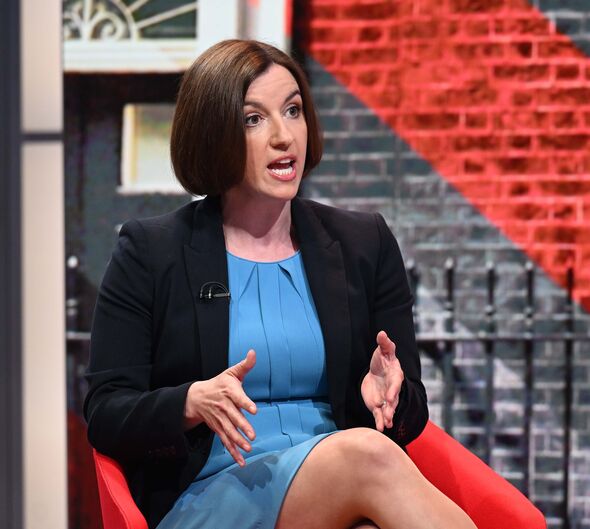Bridget Phillipson: A Voice for Change in UK Politics

Introduction
Bridget Phillipson, the current Shadow Education Secretary, has been at the forefront of political discussion in the United Kingdom. As a member of the Labour Party, her views and policies are gaining significant attention as the country grapples with challenges in education, social equality, and economic recovery. With a growing constituency behind her, Phillipson’s influence is increasingly relevant in shaping educational policies that will impact future generations.
Career Highlights
Born on May 9, 1982, in Sunderland, Phillipson has held the position of Member of Parliament for Houghton and Sunderland South since 2010. Her rise through the ranks of the Labour Party has been marked by a keen focus on education and youth issues. In April 2021, she was appointed Shadow Minister for Children and Families, where she advocated for children’s rights and social justice.
This year, during her time as Shadow Education Secretary, Phillipson has addressed critical issues such as funding for schools, the impact of the COVID-19 pandemic on education, and the importance of mental health support for students. Her commitment to these topics reflects the broader conversations within the political arena regarding equity in education and access to resources.
Recent Developments
In response to ongoing debates about the government’s educational policies, Bridget Phillipson has been vocal about the need for more investment in schools. Recently, she outlined her vision for an education system that is inclusive and adaptable to the diverse needs of students across the UK. During a recent speech at a Labour event, she stated, “We must ensure that every child receives a quality education, regardless of their background. Our future economy relies on it.” This message resonates particularly well with her constituents and the Labour base, as discussions about educational equity gain momentum.
Impact and Future Outlook
As Labour continues to position itself as a viable alternative to the current Conservative government, Bridget Phillipson’s role becomes increasingly pivotal. Political analysts suggest that her abilities to communicate key education issues may not only enhance her reputation but could also play a significant role in the Labour Party’s strategy heading into future elections.
Furthermore, her advocacy for educational reform could influence policy changes that address systemic inequalities in the UK education system. As the nation shifts towards a more inclusive approach to education, Phillipson may emerge as a prominent voice championing these necessary reforms.
Conclusion
Bridget Phillipson is more than just a political figure; she represents a generation of leaders advocating for change in the UK’s educational landscape. As she continues her work as Shadow Education Secretary, her impact on policy and her constituents will likely shape the future of education in the UK. Policymakers, educators, and citizens alike are watching closely, as her passion and leadership could define the trajectory of educational reform in the coming years.









